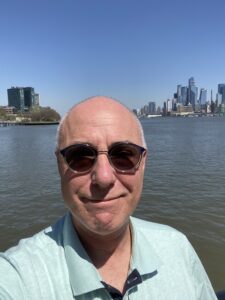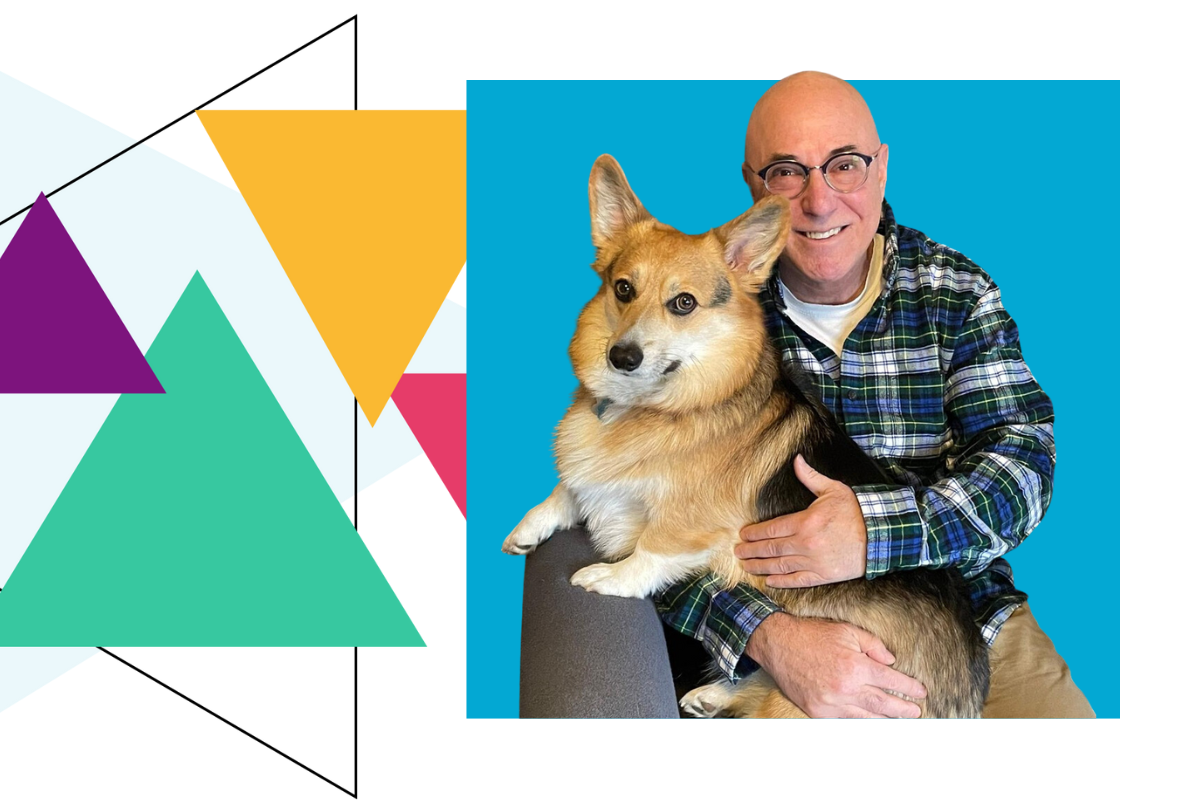Arthur A. Levine is a highly acclaimed editor-turned-entrepreneur known for his pivotal role in bringing the Harry Potter series to the world. He served as the editor for this iconic series, which has captivated millions of readers worldwide and is considered one of the most successful and beloved book franchises in literary history. Levine’s editorial contributions were crucial to the series’ immense popularity and enduring cultural impact.
Books he has published have earned the highest honors in the field of young people’s literature: the Newbery, Caldecott, Printz, National Book Award, Stonewall, Pura Belpré, New York Times Best Illustrated, Golden Kite, American Indian Library Award, Coretta Scott King, Batchelder, Boston Globe/Horn Book, International Hans Christian Andersen Award, and more.
Today, Arthur pursues a new path with Levine Querido, a publishing company with a mission to produce books that center Indigenous Writers, People of Color, Queer creators, and those with disabilities or who practice minority religions. Within its first year, LQ was named Best Publisher in North America at the Bologna Children’s Book Fair. It was named Independent Publisher of the Year by Foreward Magazine this year.
Arthur, after a tremendous career in the editing and publishing industry, could you share more about your current work with Levine Querido?

I’m putting all my passion and energy into Levine Querido to ensure it thrives as a publisher that centers on creators who have long been marginalized. In these books, many kids have seen themselves in a way that had been denied for much of publishing history. And through our mission, a far richer variety of stories and cultures have been presented for ALL to see as expressions of the human condition. It’s our way of healing the world, one book at a time.
How does working in editing compare with your founder’s experience?
I think one has greatly informed the other. I worked for thirty-five years as an editor, where I increasingly felt that corporate structures and procedures were leaching the creative lifeblood out of bookmaking. In addition, I felt that the industry was too slow to rid itself of heterocentric and racist assumptions that imagined a white, straight, Christian audience (and market.)
Founding my own company was necessary to break free and reach for the kind of equity and excellence readers deserve.
What challenges have you faced throughout your career, professionally or personally, that impact what you do today?
As a gay child in the seventies, I believed I was alone in my feelings and that my ability to love was nothing but a curse. I certainly never saw or read a book (or a movie or a TV show, for that matter) that would provide me with a vision of happiness, an image of where I might fit. (Nor did I read any books about contemporary Jewish kids or kids with any of my disabilities.) In my adult life, I became determined to change that for the young people growing up behind me and others who never made it into the presentation of what was “normal.”
Yet, I remember sitting at a meeting in the mid-nineties and listening to people in power joking about A.I.D.S. At my next job, I was warned by a frightened Lesbian coworker against trying to publish anything with Queer Content. I have been told that a mystery set in a Jewish summer camp would only appeal to Jews, and there weren’t enough of them to support even a tiny print run. I have brought up a book by a Chinese-American author and been asked by a corporate committee member, “Don’t we already have one of those?”
All of this leads to what I do today: publishing Diverse books with unencumbered optimism and passion. Building a bridge to a place where ALL kids can feel “normal” with who they are, a HELP to forming the beautiful complexity possible for us all.
What advice would you give to the next generation of editors or those looking to work in publishing?
Working at a large corporation is only one of their many options. Working with a company motivated by something more than the pursuit of past successes is completely possible…and may lead to more job satisfaction.
What do you consider to be the biggest highlight of your career?
That’s so hard for a person in my field to pick. Do I choose the moment a book I’ve worked on wins a huge award or hits a bestseller list? Is it when a young reader writes that a book of mine comforted them when they felt utterly alone? Is it hearing an author say that I truly helped them do their best work? It’s all of these things, and knowing that one doesn’t preclude the others has helped reinforce my sense of true north in publishing decisions.
How did you discover StartOut?
One thing about launching a new business is that you sometimes feel like you’re on a small raft in the sea of the business world, with provisions that will only last a few days. I was looking for folks traveling in the same direction who might be willing to share a coconut or two. I discovered StartOut and its mission to support Queer Founders and companies. “That’s us!” I thought. I very much hope that the access to potential investors and the accumulated expertise at StartOut will help my company to survive and thrive!
